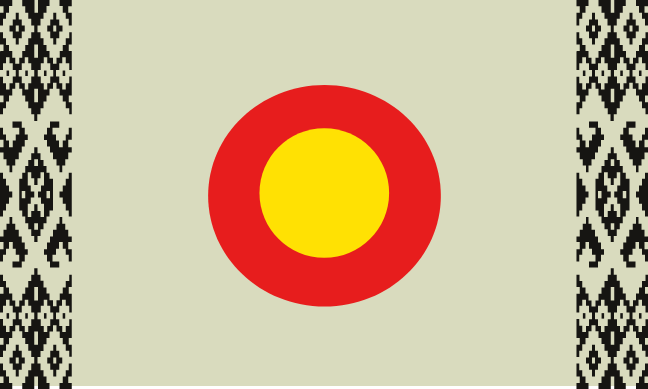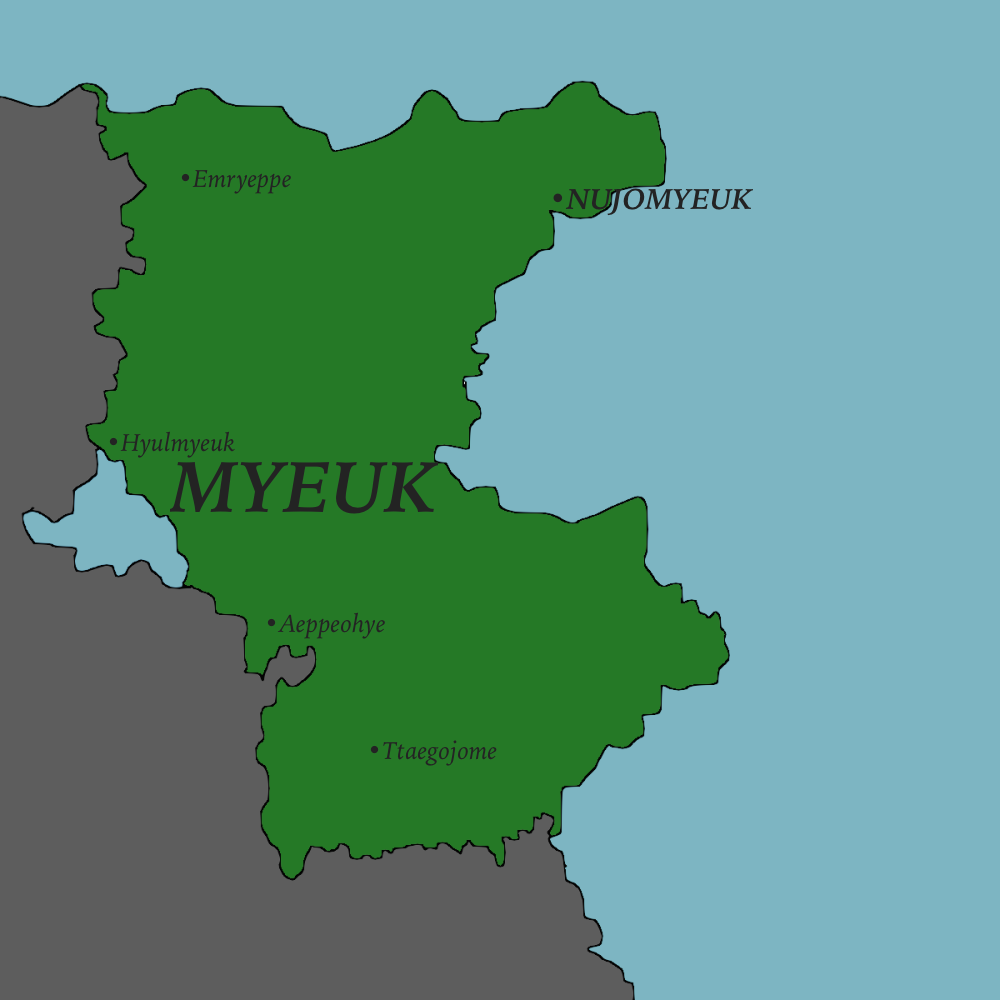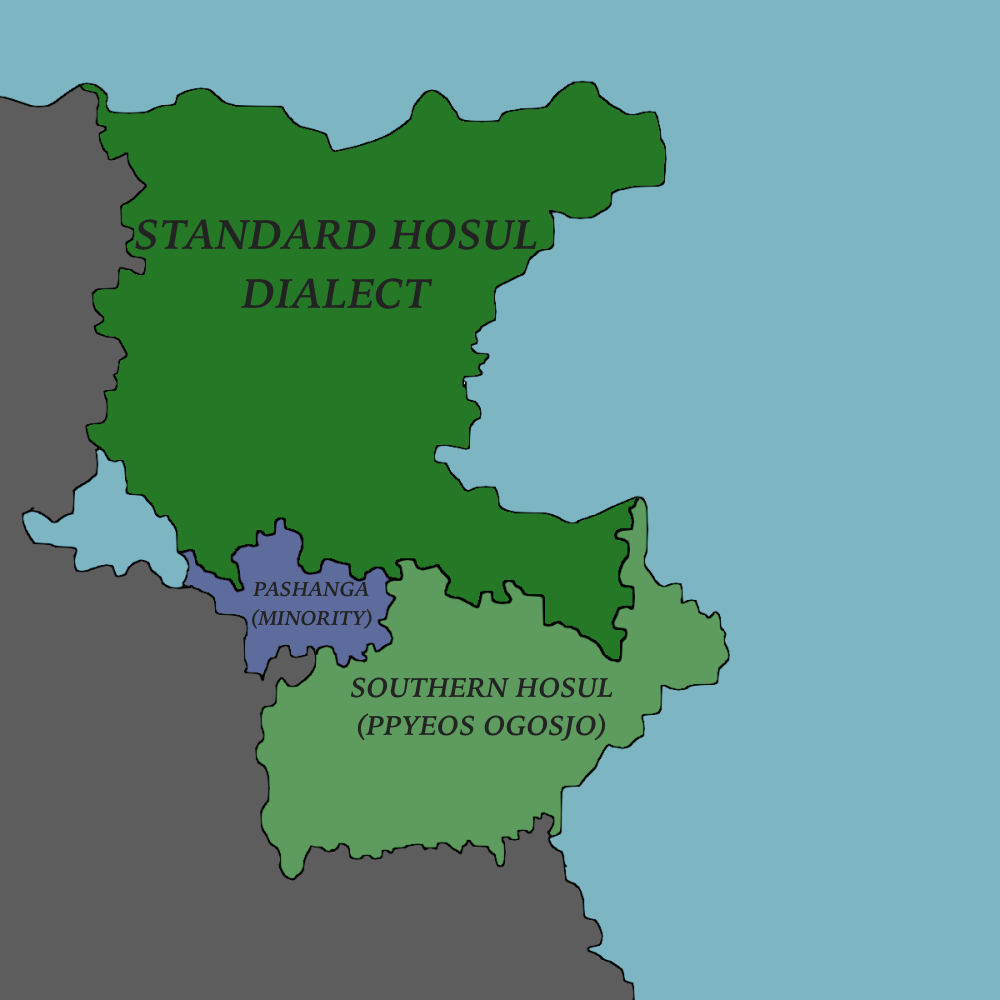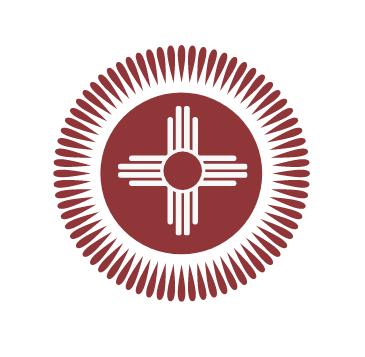Awesome!!! Reminds me of how I still don't have have this in my conworld yet.
Ogmyeuk and Stuff
▲
4▲ 4 ▼ 0
*celebratory foot shuffling*
This public article was written by [Deactivated User], and last updated on 15 May 2020, 08:38.
[comments] hosulworldbuildingmyeuk
2. Hosul Idioms
?
?
3. Hosul Numerals
?
?
4. Hosul Shenanigans
?
?
5. Ogmyeuk and Stuff
?
?
?FYI...
This article is a work in progress! Check back later in case any changes have occurred.
This article is a work in progress! Check back later in case any changes have occurred.
placeholderrrrr
| Info | |
|---|---|
| Flag |  |
| Official name | Nation of Myeuk |
| Native name | Ogmyeuk /ogmjɯk/ |
| Demonym | Hosulese |
| Population | approx. 51.42 million |
| Classed as | HEDC (High Economically Developed Country) |
| Languages spoken |  Hosul Hosul Pashanga (minority) Pashanga (minority) Greater Shangrian (minority) Greater Shangrian (minority) |
| Religion Stats | Ategora, Puaskism (minority), irreligious |
| National animal | Octopus |
| National food | Tapioca |

Above is an image showing the nation of Myeuk, with major cities, and the capital, Nujomyeuk, indicated. A language distribution map is also provided, showing where the standard dialect of Hosul is spoken, as well as the Southern dialect,
 Southern Hosul, and the lesser spoken
Southern Hosul, and the lesser spoken  Pashanga, spoken in the West of the country.
Pashanga, spoken in the West of the country.
Since early times, the people of Myeuk have been separated into different tribes, each holding their own territory in the country. Due to inter-tribe marriages, some tribes merged, leaving only 5 main tribes. Nowadays, the tribe one belongs to does not decide one's social status - it is simply a means of preserving Hosul heritage and tracing one's ancestry.
The 5 main Hosul tribes are:
| Tribe name | Percentage of pop. |
|---|---|
| Ryeueoho | 50.3% |
| Eppeoho | 22.6% |
| Yeoho | 15.2% |
| Uhoppeoho | 9.7% |
| Nogojeoho | 2.2% |
Though traditionally, one was assigned a tribe based on one's bloodline, some tribes progressed to welcoming new members based on their worth (which was usually determined by a series of challenges and religious tests, often including a 'cleansing ritual' before one was accepted into the tribe).
Traditionally, Hosulese would have a name with four different parts, looking something like this:
The given forename will usually be that of an Ategora deity, a natural phenomenon, or a desirable quality. An example of a typical Hosulese name would be:
Note the -e ending for most of the names, which usually denotes a name or an endearing term.
Myeuk does not use the Gregorian calendar; rather, a unique Hosulese calendar is used. It is divided into 6 months with 60 days each, resulting in a 360-day-long year. Originally, it was used as a lunar calendar, but a more rigid system was introduced after the importance of tribes lessened, therefore causing most tribal practices (including using a lunar calendar) to fall out of use.
The months of the Hosulese calendar (traditionally called Kyesryog, meaning 'sun-falls', relating to the sunset at the end of each day) are named as follows:
Kyopoppe - meaning 'the Beginning'
Aemeose - meaning 'the Opening' (of flower buds etc.)
Ttaepe - meaning 'the Warming (Up)'
Kyomuppe - meaning 'the Division'
Ppyeupe - meaning 'the Death'
Ryuke - meaning 'the Freezing'
Days of the Week
Each of these 6 months is divided into 12 weeks consisting of 5 days each. The first four days of the week are workdays; the last day is the equivalent of a real-world weekend. These days are as follows:
Ryeukyes
Eppekyes
Yeukyes
Uhoppkyes
Nogokyes
Nogokyes would be a weekend for Myeuk.
In early times, each tribe and their respective territory would be ruled over by a tribe chief, appointed by their predecessor. As tribal systems dissolved, however, and Myeuk began to be one united nation, the country underwent a phase where a line of dictators fought for control over the country. Eventually, Myeuk broke out into a civil war, plunging the country into poverty for a period of time. However, things turned back around soon after the civil war ended and the whole nation agreed on a democratic government system, alongside an already-existing monarchy.
 |
| The religious symbol of Ategora |
The main religion practised in Myeuk is Ategora, a mainly polytheistic religion founded upon early Hosulese tribal beliefs and customs. However, Puaskism is also practised, though much less than Ategora.
The distribution of different religions in Myeuk is shown below:
| Religion | Percentage |
|---|---|
| Ategora | 82.4% |
| Puaskism | 16.5% |
| Irreligious | 1.1% |
A Bit About Ategora
Ategora, being a polytheistic religion, recognises 3 goddesses, named as follows:
Kyeohe
Oge
Seokye
These names roughly translate to the following (respectively):
The one from nothing
The one from everything
The one from the end
Kyeohe is said to govern matters related to creation, birth, fertility, and new beginnings. Her name comes from the Hosul word for 'zero', therefore being the start.
Oge is said to govern material matters, related to progress, work, health, love, and trivial problems. Her name comes from the Hosul word for 'all'.
Seokye is said to govern matters related to ends, death, destruction etc. Her name comes from the Hosul word for 'end', therefore being the end (pretty self-explanatory :P)
Prosodical intonation lends itself to the structure of Hosul poetry, where conventional word order is tweaked to allow for experiments with prosody in each verse (some Hosul speakers argue that there is actually no poetry - only songs, hymns and other music). This is an excerpt from a folk poem used as an example:
Ryeuje yeuho-onke seo ngyeujo,
fire 1First person (person)
speaker, signer, etc; I.PLPlural (number)
more than one/few.ABSAbsolutive (case)
TRANS object, INTR argument NEGNegative (polarity)
not.make Eppeo seo eheo yeuho-onke, water NEGNegative (polarity)
not.wear_down 1First person (person)
speaker, signer, etc; I.PLPlural (number)
more than one/few.ABSAbsolutive (case)
TRANS object, INTR argument Yeu yeuho-onke seo koyeu, air 1First person (person)
speaker, signer, etc; I.PLPlural (number)
more than one/few.ABSAbsolutive (case)
TRANS object, INTR argument NEGNegative (polarity)
not.sway Lyeug-nohe reo-uhopp, nu yeuho child.PLPlural (number)
more than one/few.ABSAbsolutive (case)
TRANS object, INTR argument earth.GENGenitive (case)
possessive be.PRESPresent tense (tense)
current 1First person (person)
speaker, signer, etc; I.PLPlural (number)
more than one/few
speaker, signer, etc; I.PLPlural (number)
more than one/few.ABSAbsolutive (case)
TRANS object, INTR argument NEGNegative (polarity)
not.make Eppeo seo eheo yeuho-onke, water NEGNegative (polarity)
not.wear_down 1First person (person)
speaker, signer, etc; I.PLPlural (number)
more than one/few.ABSAbsolutive (case)
TRANS object, INTR argument Yeu yeuho-onke seo koyeu, air 1First person (person)
speaker, signer, etc; I.PLPlural (number)
more than one/few.ABSAbsolutive (case)
TRANS object, INTR argument NEGNegative (polarity)
not.sway Lyeug-nohe reo-uhopp, nu yeuho child.PLPlural (number)
more than one/few.ABSAbsolutive (case)
TRANS object, INTR argument earth.GENGenitive (case)
possessive be.PRESPresent tense (tense)
current 1First person (person)
speaker, signer, etc; I.PLPlural (number)
more than one/few
Translation
Fire does not make us,
Water does not wear us,
The air does not sway us,
Children of the earth are we
And the syllable structure + intonation (with 1 # being 1 syllable) would be:
######### (9)
######### (9)
######## (8)
######### (9)
As shown, conventional Hosul word order (SOV and SVO) is changed for poetic purposes.
WIP.
Hosulese everyday attire has now become predominantly Western, though for special occasions, especially religious, traditional garments are worn.
For Men
- White, knee-length tunic
- Long, maroon scarf tied at the waist
- Maroon, slim trousers up to the ankles
- Black leather boots
For Women
- White, flowing dress up to the ankles
- Maroon shawl worn over the head
- A necklace, usually a metal chain with dried herbs tied onto it
- Black leather boots
Wedding Wear
For Men
- Maroon cape
- White, knee-length tunic
- Slim, white trousers
- Traditional Hosulese headpiece made from camphor branches (the plant is native to Myeuk)
- Black leather boots
For Women
- Maroon, tiered dress, usually embroidered with gold and white thread
- Gold shawl worn over the lead
- Gold scarves tied on both forearms (these are removed by the groom to signify the 'freedom' of the bride from youth, and her 'coming-of-age')
- Black leather boots
WIP.
Is this good time wasted? Yes. Do I care? No. Thanks for coming to my TED Talk.
- Heiwa ✎ Edit Article ✖ Delete Article
Comments







